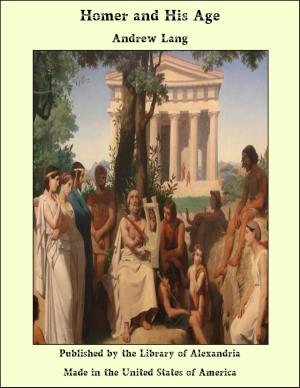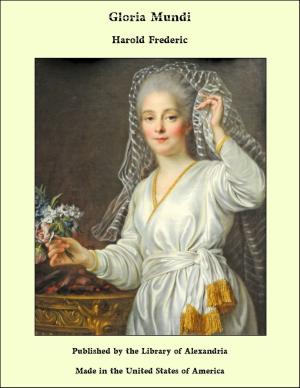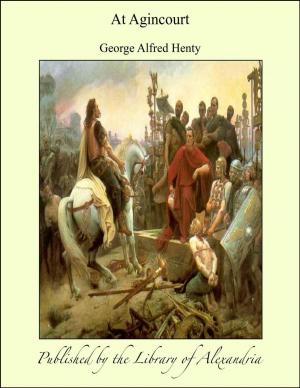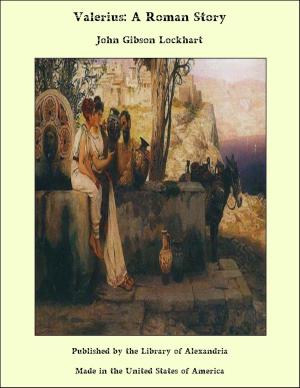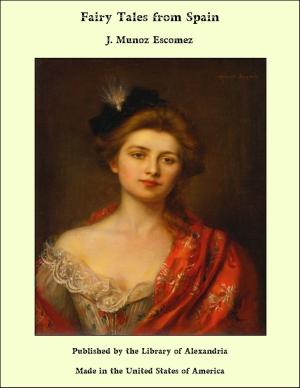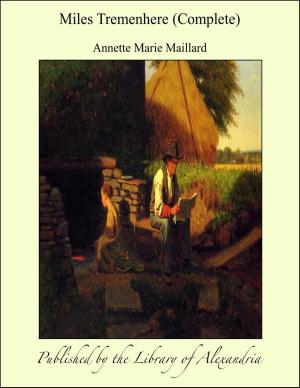The Selected Works of Andrew Lang
Nonfiction, Religion & Spirituality, New Age, History, Fiction & Literature| Author: | Andrew Lang | ISBN: | 9781465527417 |
| Publisher: | Library of Alexandria | Publication: | March 8, 2015 |
| Imprint: | Language: | English |
| Author: | Andrew Lang |
| ISBN: | 9781465527417 |
| Publisher: | Library of Alexandria |
| Publication: | March 8, 2015 |
| Imprint: | |
| Language: | English |
When the learned first gave serious attention to popular ballads, from the time of Percy to that of Scott, they laboured under certain disabilities. The Comparative Method was scarcely understood, and was little practised. Editors were content to study the ballads of their own countryside, or, at most, of Great Britain. Teutonic and Northern parallels to our ballads were then adduced, as by Scott and Jamieson. It was later that the ballads of Europe, from the Faroes to Modern Greece, were compared with our own, with EuropeanMärchen, or children’s tales, and with the popular songs, dances, and traditions of classical and savage peoples. The results of this more recent comparison may be briefly stated. Poetry begins, as Aristotle says, in improvisation. Every man is his own poet, and, in moments of stronge motion, expresses himself in song. A typical example is the Song of Lamech in Genesis—“I have slain a man to my wounding, And a young man to my hurt.” Instances perpetually occur in the Sagas: Grettir, Egil, Skarphedin, are always singing. In Kidnapped, Mr. Stevenson introduces “The Song of the Sword of Alan,” a fine example of Celtic practice: words and air are beaten out together, in the heat of victory. In the same way, the women sang improvised dirges, like Helen; lullabies, like the lullaby of Danae in Simonides, and flower songs, as in modern Italy. Every function of life, war, agriculture, the chase, had its appropriate magical and mimetic dance and song, as in Finland, among Red Indians, and among Australian blacks. “The deeds of men” were chanted by heroes, as by Achilles; stories were told in alternate verse and prose; girls, like Homer’s Nausicaa, accompanied dance and ball play, priests and medicine-men accompanied rites and magical ceremonies by songs.
When the learned first gave serious attention to popular ballads, from the time of Percy to that of Scott, they laboured under certain disabilities. The Comparative Method was scarcely understood, and was little practised. Editors were content to study the ballads of their own countryside, or, at most, of Great Britain. Teutonic and Northern parallels to our ballads were then adduced, as by Scott and Jamieson. It was later that the ballads of Europe, from the Faroes to Modern Greece, were compared with our own, with EuropeanMärchen, or children’s tales, and with the popular songs, dances, and traditions of classical and savage peoples. The results of this more recent comparison may be briefly stated. Poetry begins, as Aristotle says, in improvisation. Every man is his own poet, and, in moments of stronge motion, expresses himself in song. A typical example is the Song of Lamech in Genesis—“I have slain a man to my wounding, And a young man to my hurt.” Instances perpetually occur in the Sagas: Grettir, Egil, Skarphedin, are always singing. In Kidnapped, Mr. Stevenson introduces “The Song of the Sword of Alan,” a fine example of Celtic practice: words and air are beaten out together, in the heat of victory. In the same way, the women sang improvised dirges, like Helen; lullabies, like the lullaby of Danae in Simonides, and flower songs, as in modern Italy. Every function of life, war, agriculture, the chase, had its appropriate magical and mimetic dance and song, as in Finland, among Red Indians, and among Australian blacks. “The deeds of men” were chanted by heroes, as by Achilles; stories were told in alternate verse and prose; girls, like Homer’s Nausicaa, accompanied dance and ball play, priests and medicine-men accompanied rites and magical ceremonies by songs.







